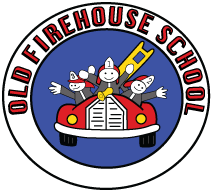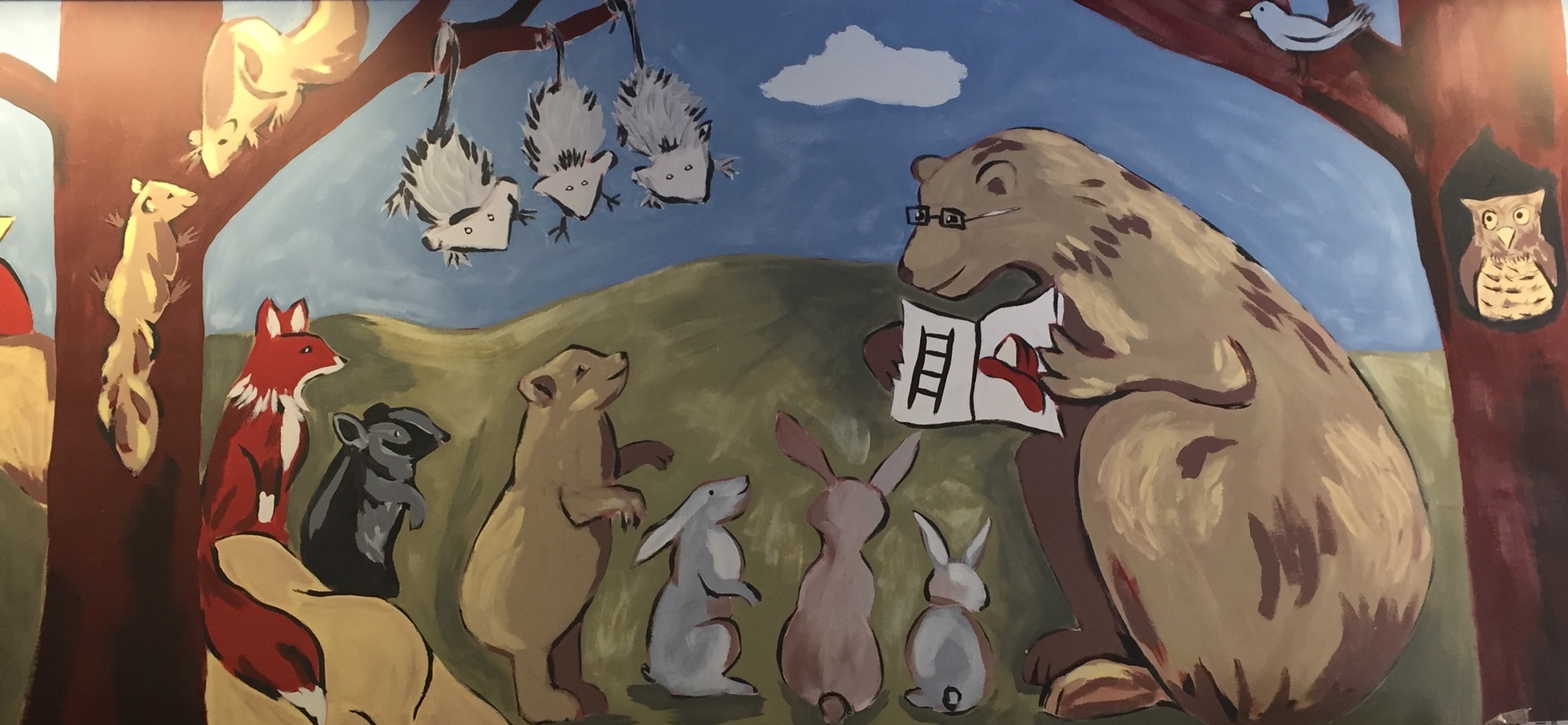The Kindergarten Project
As a school we are interested in making sure each child graduates from OFS with the confidence and knowledge that will help them make the most of their next transformative adventure-Kindergarten.
The prospect of entering kindergarten can be daunting for children and their parents. Part of the fear lies in the unknown. What to expect? How to behave? How to prepare? The alphabet, numbers and writing one’s name are only the most obvious and superficial skills demanded of present day kindergarteners. The skills of concentration, cooperation with teachers, making friends with peers, and understanding one’s new role as a pupil in a formal academic setting are much more difficult to measure. Yet these are the attributes most needed as children move from preschool to elementary school settings.
Emergent literacy and numerosity are part of the fabric of all the project work we do at Old Firehouse School. We believe that by the Spring of the year prior to kindergarten, most of our children have learned the value of cooperating with teachers and making and keeping friends. Consequently, the Kindergarten Project is devoted primarily to helping children understand and master the rulers, roles and the environment of the kindergarten classroom.
Through this brochure we invite the reader to revisit with us some highlights of past kindergarten projects.
The Project Process
We begin this project in the late Spring by encouraging the children to gather information and plan their field research to a kindergarten or “big kid school.”
Prior to our visits the children propose questions which they feel are particularly relevant. “How do children line up? And “Where do you put your lunch box?” come up every year.
As the project develops the children’s questions broaden as they begin to wonder what they will learn about in kindergarten. We photograph and video our visits to the elementary school class rooms to give us all a record of their kindergarten field research.
Throughout the rest of the summer the children review the tapes and photographs and refine their kindergarten knowledge. They draw pictures of their classrooms and spend much time “playing at being kindergarteners.”
Questions we have about kindergarten
Step 1:
Generating our Research Questions
- “Can your mommie come help you write?”
- “What happens if you cut line?”
- “If you have to go to the bathroom, do you have to ask?”
- “What happens if you fight on the structure?”
- “What does the principal do if you go to her office?”
- “Do you take naps?”
Step 2:
We invite a recent graduate to relate their experiences.
OFS Graduate Henry returns to explain kindergarten.
Step 3:
We visit several of the children’s future kindergartens.
Photos and video help us remember what its like.
Step 4:
We re-enact and play kindergarten.
The children take turns playing at being teacher and pupil.
These children felt strongly that knowing how to line up correctly was an important part of kindergarten. Here they practice this skill so that they will be ready to do it in “big kid school.”
The children develop their own rules for the OFS “pretend” Kindergarten class.
Playing at being Kindergarteners
Preschooler’s play serves many functions. One of them is to provide the opportunity to try out social roles. The roles of teacher and pupil hold great fascination for four year olds. During this part of the project we ask the children to think of something they would like to teach their friends and that their friends would enjoy learning.
Each day at circle time two children take on the role of teacher. The “teachers” soon realize that they must articulate their ideas precisely in order to be understood. The “pupils" soon realize the importance of attentive respect to the “teachers” words and actions.
At left the children are developing their questions about kindergarten. For four year olds this is a difficult task. They have to filter through their existing knowledge and figure out what they want to know but don’t. At OFS we begin the question developing process with our threes. It is our hope that by the time they reach kindergarten they will know that asking questions is a vital part of learning.
To the right, children are interviewing the children and teacher at a local kindergarten. The kindergarten children reflect on their experiences during the last year and try and tell our children what the most important things were to them about life in kindergarten.
OFS Children Recall: “What Do Teachers Do?”
"You have to talk in a nice voice. For instance 'Can you please put the book away.'"
“You have to call on one at a time at circle.”
“You have to be fair.”
“If children are fooling around they are out. Um….You can give them one warning.”
“You have to listen to the students so you know what they need.”
“If they want to go to the bathroom, you say okay.”
“You need to make sure everyone listens so that they know what to do.
Cognition, Social Knowledge, & The Kindergarten Project
Cognition
Psychologists use the term “distant thinking” to describe the ability to think about things not immediately present but rather in the future or in the past. This ability is part of the cognitive realm. The questions the children generate for research on kindergarten are examples of distant thinking because they involve thinking about an experience they hadn’t actually had yet (in this case being in kindergarten). This “distant thinking” ability is fundamental for the abstract thought that later schooling demands.
Social Knowledge
Social knowledge is knowledge about how the social world works. David Elkind, renowned child psychologist, writes that in order to be successful in the social realm, children need to understand the “frames” or specific rules that govern social interaction in a specific environment. During this project, the children immerse themselves in the roles and rules of kindergarten. They practice being students and they practice being teachers. We hope their movement into “Big Kid School” will be smooth because of the work we have done here.
Many thanks to the elementary schools who have so kindly hosted our visits: Parkmeade in Walnut Creek, Lafayette Elementary, Springhill and Happy Valley in Lafayette, Saklan Valley in Moraga, Wagner Ranch in Orinda and John Swett in Martinez.
Coordinating Teachers:
Jennifer Bracco, Susan Hansen & Maylis Treuil










